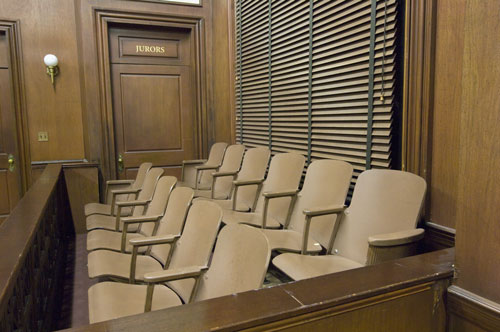On June 21, 2024, the United States Supreme Court decided the case of Erlinger v. United States. The principal issue concerned whether a jury is required to determine if prior offenses were committed on separated occasions for a court to impose enhanced penalties. This issue related to New Jersey’s sentencing statute codified at N.J.S.A. 2C:44-3.
Justice Gorsuch wrote for the 6-3 majority in relevant part: Paul Erlinger pleaded guilty to being a felon in possession of a firearm in violation of 18 U. S. C. §922(g). At sentencing, the judge found Mr. Erlinger eligible for an enhanced sentence under the Armed Career Criminal Act, §924(e)(1), which increases the penalty for a 922(g) conviction from a maximum sentence of 10 years to a mandatory minimum sentence of 15 years when the defendant has three or more qualifying convictions for offenses committed on different occasions. Subsequently, the Seventh Circuit held in unrelated decisions that two of the offenses on which the government relied for Mr. Erlinger’s sentence enhancement no longer qualified as ACCA predicate offenses. The District Court vacated Mr. Erlinger’s sentence and scheduled re-sentencing.
At the resentencing hearing, prosecutors again pursued an ACCA sentence enhancement based on a new set of 26-year-old convictions for burglaries committed by Mr. Erlinger over the course of several days. Mr. Erlinger protested that the burglaries were part of a single criminal episode and did not occur on separate occasions, as required by ACCA. Moreover, Mr. Erlinger argued that the question whether he committed these prior burglaries during a single episode or on distinct occasions required an assessment of the facts surrounding those offenses, and that the Fifth and Sixth Amendments required that a jury make that assessment. The District Court rejected Mr. Erlinger’s request for a jury and issued a 15-year enhanced sentence.
For a jury to make the determination at issue, the trial would be bifurcated. First, thje jury would decide the most recent case at hand. If convicted, the jury would then determine the nature of the defendant’s prior record. Otherwise, informing the jury of the defendant’s prior record would unduly prejudice the jury and taint their deliberations regarding the case at hand.

